Today, April 4, we celebrate the feast of Saint Isidore of Seville (560-636), Bishop of Seville, and Doctor of the Church. Known as the “Educational Doctor,” he was named patron saint of the internet by Pope John Paul II, based upon his voluminous works (the Etymologies) regarding classification and categorization of the physical world. These works were used as texts for study for over 900 years. Saint Isidore succeeded his brother as bishop of the See of Seville in 599.
Saint Isidore was born into a family of saints in Cartagena, Spain. His older brother, Saint Leander, was predecessor to him as bishop of the See of Seville, while his younger brother, Saint Fulgentius, served as the Bishop of Astigi. His sister, Saint Florentina, was a nun who served as superior of over 40 convents and one thousand religious. Together, this holy family is revered throughout Spain and the piety of devotion of many are attributed to their intercession.
Isidore received his education in the Cathedral school of Seville, the first of it’s kind in Spain. Saint Leander assumed primary responsibility for the instruction of his brother, and in a short time, Isidore had mastered Latin, Greek, and Hebrew. His diligence and aptitude were unmatched by his fellow pupils, but unlike his brother, he did not seek a religious lifestyle. While he had the greatest regard for those in religious orders, he was drawn to an academic life. However, upon election to bishop, he declared himself the protector of monks and religious, and worked tirelessly to defend the sanctity and safety of religious monasteries.
The manner of instruction that Saint Leander utilized with his brother was one of punishment and force. Isidore was locked in a cell to focus on his studies, and beaten when he failed to learn at the appropriate rate despite his diligence and aptitude. On more than one occasion, he ran away, hurt and frustrated by his brother’s treatment. Later in his life, he would write about those experiences, specifically that while out from under his brother’s hand, he carried with him feelings of rejection and failure. He returned, praying that at a slow rate, he would learn what he needed to, and through that process, would soften his brother’s heart. A man of profound forgiveness and humility, this eventually happened, and Isidore worked closely with his brother as an adult, finishing many of Leander’s projects following his death.
Despite his own difficult time with education, Isidore embraced teaching and found both teaching and learning to by joyful, praising activities. He made it his life’s work to teach others, drawing them closer to the Lord, and was soon recognized as one of the greatest teachers in Spain. So consumed with his love of teaching, Saint Isidore promoted the establishment of seminaries in every diocese of Spain. There, seminarians were instructed in all matters, and not limited to theology. He ensured that all were instructed in the arts, medicine, and legal matters, as well as the physical sciences.
Throughout his life, Saint Isidore worked on his master work: an encyclopedia of knowledge, the Etymologies. A popular textbook when finished, it was utilized in the classroom for over for nine centuries.
From the Etymologies:
II. DIVINE LAWS AND HUMAN LAWS. 1. All laws are either divine or human. Divine laws are based on nature, human law on customs. For this reason, human laws may disagree, because different laws suit different peoples. 2. Fas is divine law; jurisprudence (ius) is human law. To cross through a stranger's property is allowed by divine law; it is not allowed by human law.
IV. WHAT NATURAL LAW IS. 1. Law is either natural, or civil, or of nations. Natural law (ius naturale) is common to all nations, and, because it exists everywhere by the instinct of nature, it is not kept by any regulation. Such is the union of a man and woman, the children's inheritance and education, the common possession of everything, a single freedom for all, and the right to acquire whatever is taken from the sky, the earth, and the sea. 2. Also the return of something which was entrusted and of the money which was deposited, and the repulsion of violence by force. Now this, or whatever is similar to it, is never unjust, but is held to be natural and fair.
Below, the twenty books of the Etymologies, and each one’s proper object of study:
· The first three of these books are taken up with the trivium and quadrivium. The entire first book is devoted to grammar, including meter. He preserves the logical tradition by reserving the second book for rhetoric and dialectic.
· Book four, treats of medicine and libraries;
· Book five, of law and chronology;
· Book six, of ecclesiastical books and offices;
· Book seven, of God and of the heavenly and earthly hierarchies;
· Book eight, of the Church and of the sects, of which latter he numbers no less than sixty-eight;
· Book nine, of languages, peoples, kingdoms, and official titles;
· Book ten, of etymology:
· Book eleven, of man;
· Book twelve, of beasts and birds;
· Book thirteen, of the world and its parts;
· Book fourteen, of physical geography;
· Book fifteen, of public buildings and roadmaking;
· Book sixteen, of stones and metals;
· Book seventeen, of agriculture;
· Book eighteen, of the terminology of war, of jurisprudence, and public games;
· Book nineteen, of ships, houses, and clothes;
· Book twenty, of victuals, domestic and agricultural tools, and furniture.
Saint Isidore also wrote books on grammar, astronomy, geography, history, and biography ,as well as theology. When the Arabs brought study of Aristotle back to Europe, this was nothing new to Spain because Isidore's open mind had already reintroduced the philosopher to students there.
In the year 600, Isidore succeeded his brother, Saint Leander, as Bishop of Seville. During this time he devoted himself to every good cause, including care for those in need, and education of the poor. His primary achievements were reformation of the clergy, fostering monastic life, educating the faithful after two centuries of barbaric rule under the Goths, and extirpating heresies. As bishop of Seville for 37 years, Isidore set a model for representative government in Europe-- Under his direction, he rejected autocratic decision-making and organized synods to discuss government of the Spanish Church. He presided over these councils, with members voting to establish guidelines and laws for the Church.
Saint Isidore lived until almost 80. As he was dying his house was filled with crowds of poor he was giving aid and alms to. One of his last acts was to give all his possessions to the poor. In the year 688, the fifteenth Council of Toledo paid tribute to Saint Isidore with these words: “The extraordinary doctor, the latest ornament of the Catholic Church, the most learned man of the latter ages, always to be named with reverence, Isidore.”
Saint Isidore overcame a difficult childhood filled with rejection and punishment, to accomplish great things for the Lord with a joyful heart. His teachings and leadership ushered Spain out of the Dark Ages and allowed learning to flourish. He was a man of profound humility and forgiveness, who turned to God for strength and guidance. Who might we need to forgive in humility during this Lenten journey?
Selected Quotes from Saint Isidore of Seville
”If a man wants to be always in God's company, he must pray regularly and read regularly. When we pray, we talk to God; when we read, God talks to us.”
”All spiritual growth comes from reading and reflection. By reading we learn what we did not know; by reflection we retain what we have learned.”
”Reading the Holy Scriptures confers two benefits. It trains the mind to understand them; it turns man's attention from the follies of the world and leads him to the love of God."
”The conscientious reader will be more concerned to carry out what he has read than merely to acquire knowledge of it. In reading we aim at knowing, but we must put into practice what we have learned in our course of study.”
”The man who is slow to grasp things but who really tries hard is rewarded, equally he who does not cultivate his God-given intellectual ability is condemned for despising his gifts and sinning by sloth.”
”Learning unsupported by grace may get into our ears; it never reaches the heart. But when God's grace touches our innermost minds to bring understanding, his word which has been received by the ear sinks deep into the heart.”
“Prayer purifies us, reading instructs us. Both are good when both are possible. Otherwise, prayer is better than reading. If a man wants to be always in God’s company, he must pray regularly and read regularly. When we pray, we talk to God; when we read, God talks to us. All spiritual growth comes from reading and reflection. By reading we learn what we did not know; by reflection we retain what we have learned. Reading the holy Scriptures confers two benefits. It trains the mind to understand them; it turns man’s attention from the follies of the world and leads him to the love of God. The conscientious reader will be more concerned to carry out what he has read than merely to acquire knowledge of it. In reading we aim at knowing, but we must put into practice what we have learned in our course of study. The more you devote yourself to study of the sacred utterances, the richer will be your understanding of them, just as the more the soil is tilled, the richer the harvest. The man who is slow to grasp things but who really tries hard is rewarded, equally he who does not cultivate his God-given intellectual ability is condemned for despising his gifts and sinning by sloth. Learning unsupported by grace may get into our ears; it never reaches the heart. But when God’s grace touches our innermost minds to bring understanding, his word which has been received by the ear sinks deep into the heart.”
“Heresy is from the Greek word meaning ‘choice’…. But we are not permitted to believe whatever we choose, nor to choose whatever someone else has believed. We have the Apostles of God as authorities, who did not…choose what they would believe but faithfully transmitted the teachings of Christ. So, even if an angel from heaven should preach otherwise, he shall be called anathema.”
As Saint Isidore is considered the patron saint of the internet, the following prayer before using the internet is offered:
Almighty and eternal God, who created us in Thy image and bade us to seek after all that is good, true and beautiful, especially in the divine person of Thy only-begotten Son, our Lord Jesus Christ, grant we beseech Thee, that, through the intercession of Saint Isidore, bishop and doctor, during our journeys through the internet we will direct our hands and eyes only to that which is pleasing to Thee and treat with charity and patience all those souls whom we encounter. Through Christ our Lord. Amen
Lord,
hear the prayers we offer
in commemoration of Saint Isidore.
May Your Church learn from his teaching
and benefit from his intercession.
Grant this through our Lord Jesus Christ, Your Son,
who lives and reigns with You and the Holy Spirit,
One God, for ever and ever. Amen.
Year 2: Day 94 of 365
Prayer Intentions: Lives of humility and forgiveness
Requested Intentions: Healing of a daughter with congenital heart disease (F); Healing and an end to suffering (J); For the children (M); For a son fighting a rare immune system disease (R); Freedom from imprisonment (J); Employment and end to depression (H); Successful employment (A); Health for a soon to be delivered baby (T); Financial security (L); Healing of tooth pain (A); Health of expectant mother and child (R); Purification of the souls in Purgatory (A); Guidance in studies (J); Healing and security for a displaced family (C); Healing of high blood pressure; Recovery of brother following surgery (A); For a sister in trouble, that she may make better decisions in the light of Christ (M); Health of expectant mother and child (R); Attainment of funds for surgery (J); Freedom from financial difficulties (E); For employment and college acceptance (E); Recovery and healing of a friend (C); For successful outcome to surgery (C); Healing for brother (M); Successful employment (C); For the victims of the Japanese tsunami/earthquake (J); Healing (E); For a son struggling with depression (B); Successful conception (M); Freedom from social anxiety; confidence in the Lord (J); Improved success in employment and studies (D); Freedom from illness (T); For a wife’s employment (E); Healing of a husband’s knee (M); Freedom from sickness (R); Healing (C); Restoration of marriage (F); Freedom from medical difficulties, employment, successful relationship (D); Healing of a father following stroke (S).

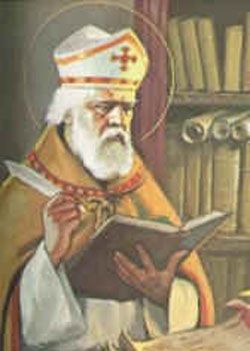


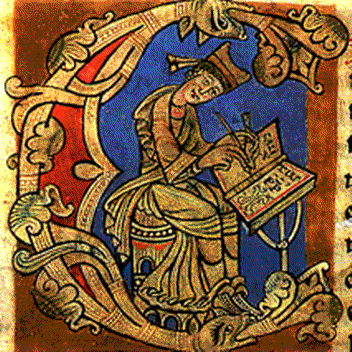
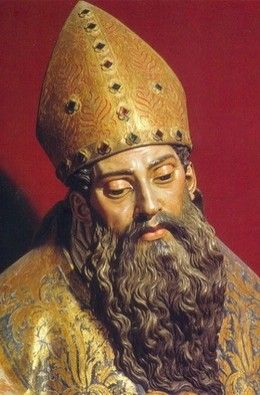
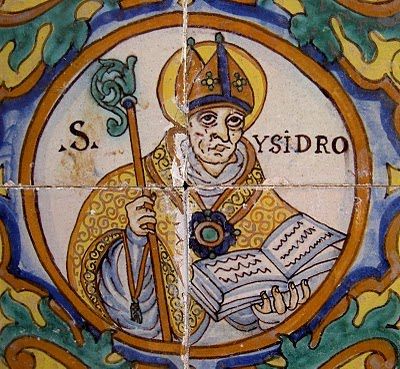
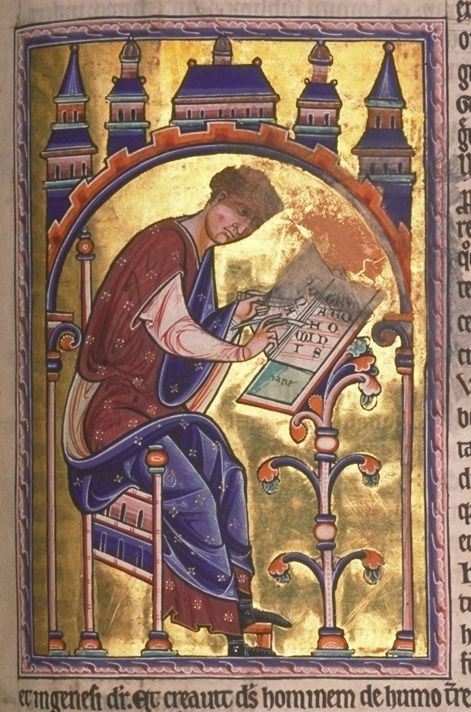

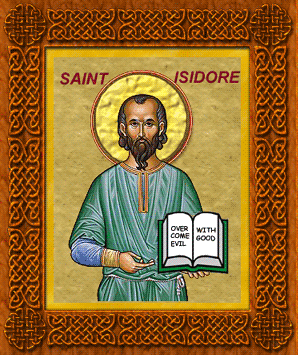
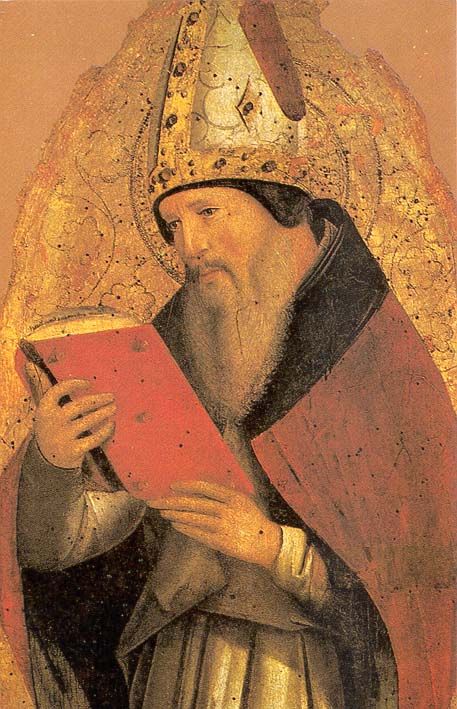
No comments:
Post a Comment
Thanks for leaving a comment. If you wish to submit a prayer request, however, please do so above, using the "Contact" tab.